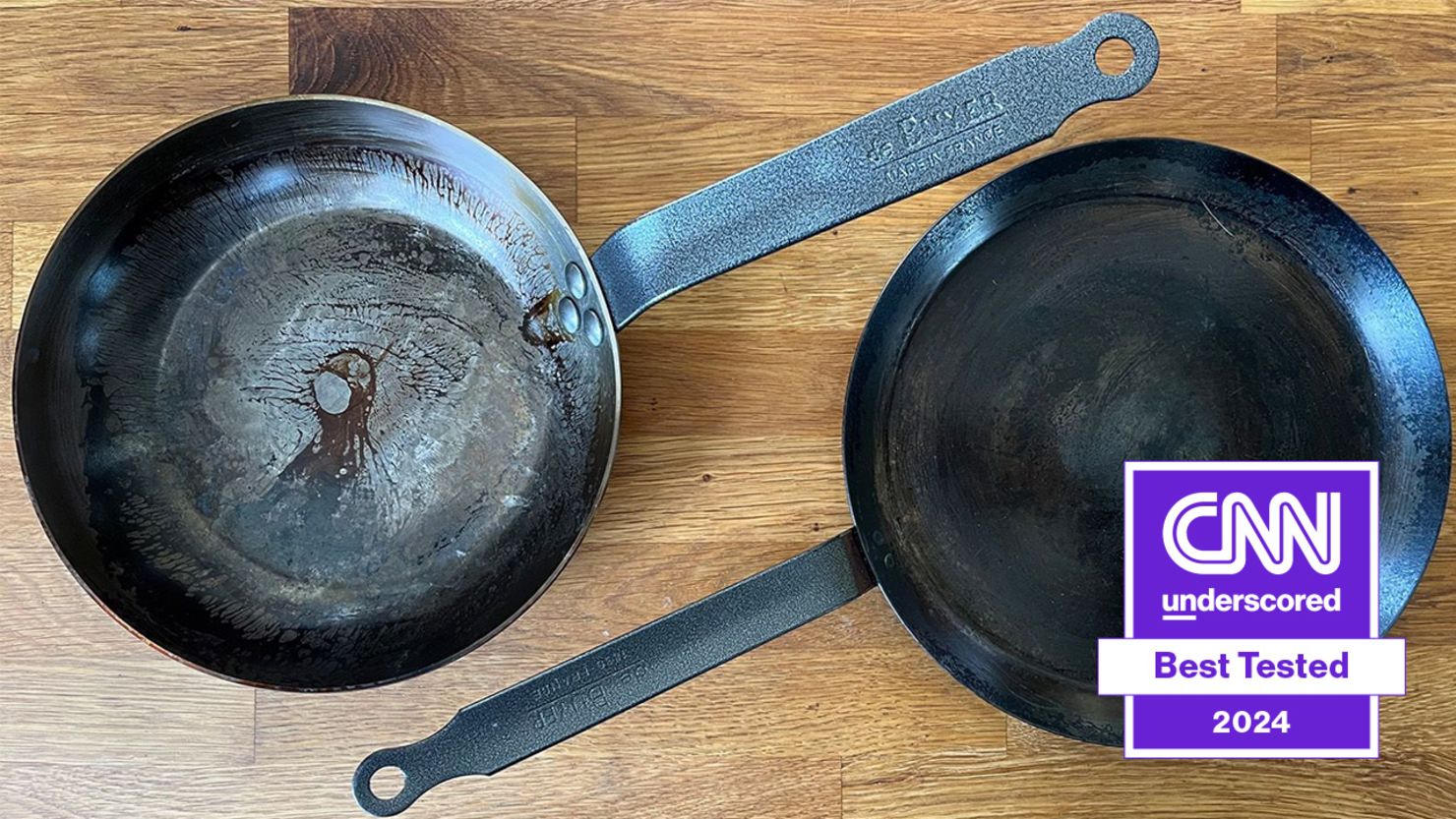A nickel-based rod or a nickel-iron electrode are optimal for welding cast iron to mild steel. These types of electrodes provide the necessary strength and compatibility for dissimilar metal joining.
Welding cast iron to mild steel challenges many welders due to the difference in material properties. Cast iron is brittle and has a higher carbon content, while mild steel is ductile and has lower carbon. To address this, you need a welding rod that can handle the thermal expansion and contraction differences without causing cracks or weak bonds.
Nickel-based rods, such as the AWS classification ENi-CI (Nickel 99), and nickel-iron electrodes like ENiFe-CI (Nickel 55) offer the flexibility and strength required for such a task. These rods create robust joints and minimize the risk of cracking during the welding process. Proper preheating and cooling techniques also play a vital role in the success of the weld. Choosing the right rod is essential to ensure a stable and durable connection between cast iron and mild steel.
Credit: blog.red-d-arc.com
Welding Rod Options For Joining Cast Iron With Mild Steel
Finding the right welding rod is crucial for projects involving cast iron and mild steel. These two materials present unique challenges due to their different carbon contents and properties. Let’s dive into welding rod options that provide strong, durable bonds between these two metals.
Selection Criteria For Welding Rods
Selection involves considering material compatibility, joint type, and welding process. The goal is to ensure a stable arc, minimal cracking, and strong bonding.
- Material Compatibility: The rod must work well with both cast iron and mild steel.
- Joint Type: It depends on whether the joint is load-bearing.
- Welding Process: Stick, MIG, and TIG welding have different rod requirements.
Cast Iron Welding Rods
Cast iron rods typically contain nickel, which helps manage the thermal expansion differences. Nickel rods come in various types:
| Rod Type | Features |
|---|---|
| High Nickel | Easy to weld, more ductile, expensive |
| Lower Nickel | Less expensive, harder, less machinable |
| Nickel-Free | For non-machinable repairs, economical |
Mild Steel Welding Rods
Mild steel rods are common and more affordable. Their composition usually includes iron and carbon. These rods ensure a smoother weld on mild steel parts.
Hybrid Welding Rods
Hybrid welding rods are designed to tackle both cast iron and mild steel. They balance ease of welding with durability. Specific alloys in their makeup cater to the mixed materials in the joint.
- Ferrous-Nickel Alloys: Offer good usability and a compromise on price and machinability.
- Stainless Steel Rods: Provide corrosion resistance and can handle temperature variations.

Credit: www.cnn.com

Credit: www.quora.com
Frequently Asked Questions For Which Welding Rod Can Use For Cast Iron With Mild Steel
What Rods To Weld Cast Iron To Mild Steel?
For welding cast iron to mild steel, nickel alloy rods or nickel-iron alloy rods are commonly used due to their compatibility and strength.
Can Cast Iron And Mild Steel Be Welded Together?
Yes, cast iron and mild steel can be welded together, but it requires specific techniques like preheating and proper material selection to prevent cracking.
Can You Braze Mild Steel To Cast Iron?
Yes, you can braze mild steel to cast iron using a compatible brazing filler metal and proper heating techniques to ensure a strong bond.
What Number Welding Rod Do You Use For Cast Iron?
Use a nickel-based (Ni) welding rod, like the 55% or 99% Ni rod, for welding cast iron. The AWS classification for these rods is typically NiCl-A for 99% Ni and NiCl-B for 55% Ni rods.
Conclusion
Choosing the right welding rod is crucial for successful cast iron to mild steel projects. Nickel alloys or nickel-iron electrodes often provide the best results, ensuring strong, durable joins. Always remember to preheat and cool down gradually to minimize stress.
For your next project, select the appropriate rod confidently, and weld with skill.
